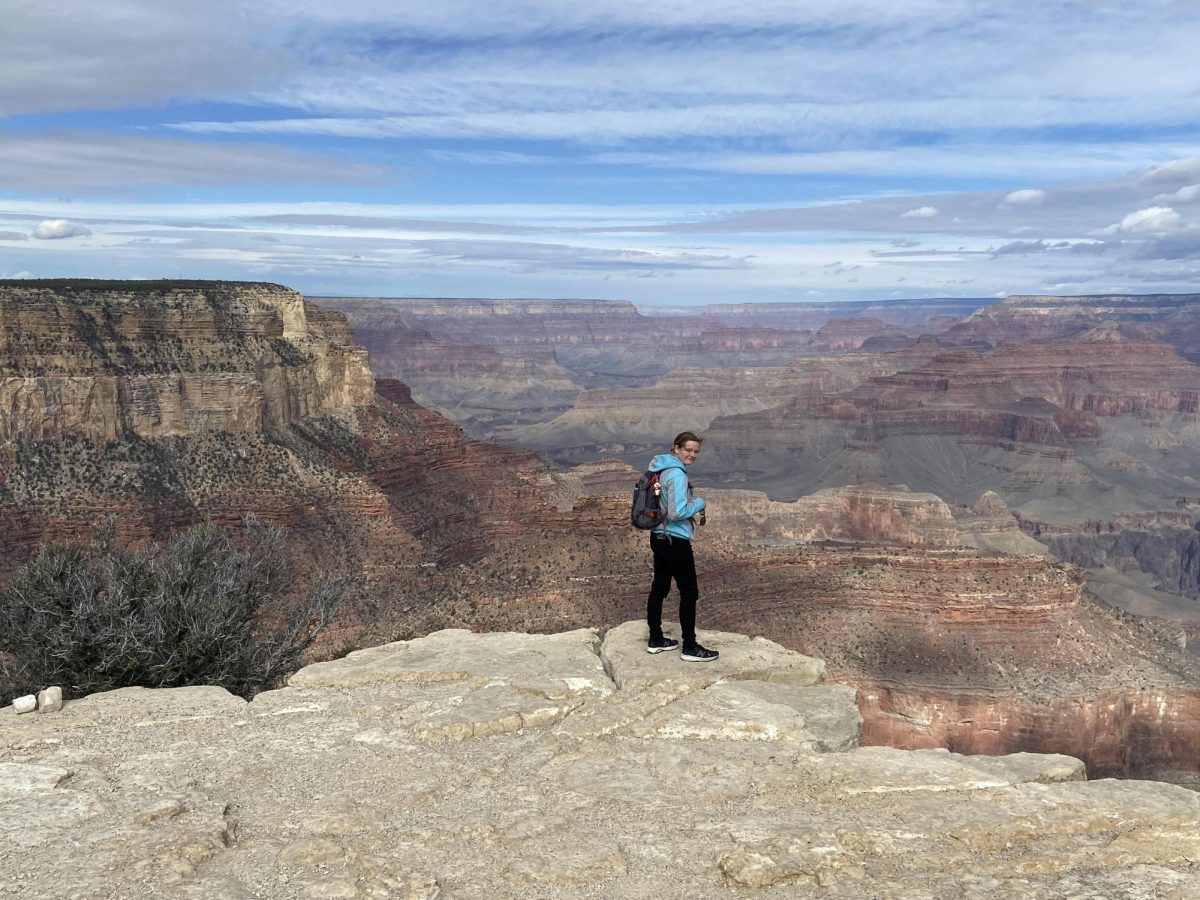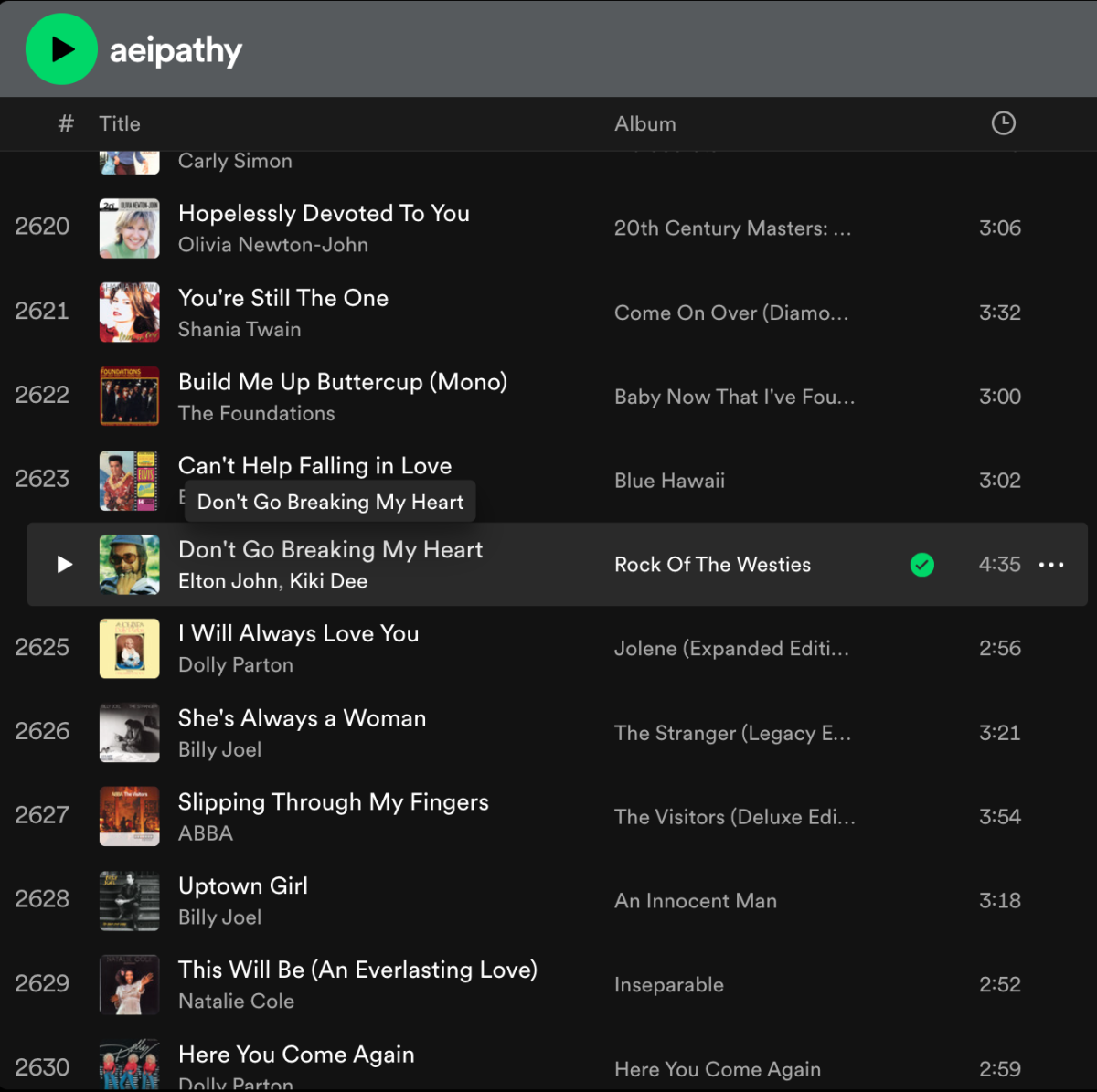The allusion of wild seclusion
The allusion of blissful solitude—the allusion of wild seclusion.
The allusion of love.
It seemed that the world hummed just for me; it was an allusion of blissful solitude.
How sensationally sad it is for a heart to ache for what used to be—for solidarity. For blissful unawareness of how often the world hums for people other than me. I was foolish to believe that I was the only one who could hear the lilt of the world.
It was when the melodies grew shorter that I questioned my solitude. It was when the once harmonious hums turned hoarse that I felt foolish.
But my heart began to ache when the silence ensued, for that was the loudest hum of all. The world silenced its mellifluous melodies.
And I was alone.
It felt different, this kind of solitude. Lonely. And isolated. And silent. I sat, in silent solitude, sensationally sad. I was alone, and I didn’t know why. It was quiet, and I didn’t know why. Was I not worthy of the world’s melodies?
How sensationally sad for a heart to ache for what used to be.
I—my heart—won’t ever forget the feelings. Through the gloom of fall, the hush of winter, the bloom of spring, and the smiles of summer, it was me and the world. The world and me. Like there was nothing else. Nobody else. The wild seclusion was just that: wild.
Never had I felt so cared for, so loved, so appreciated. The world, my world, loved me—the allusion of love.
How could I feel so loved, so cared for one day but so abandoned the next? How could I feel so wildly secluded with the world one day but so wickedly alone the next?
I guess every song has an ending. I guess the world must stop singing one day. But I didn’t expect it to be so abrupt.
Why don’t you hum for me anymore?
How did you make me feel so wildly alive yet so wildly alone?

Abby Wright is a senior entering her fourth and final year on staff for The Central Trend, and second year as Editor in Chief. She values art, Spotify...


























































































